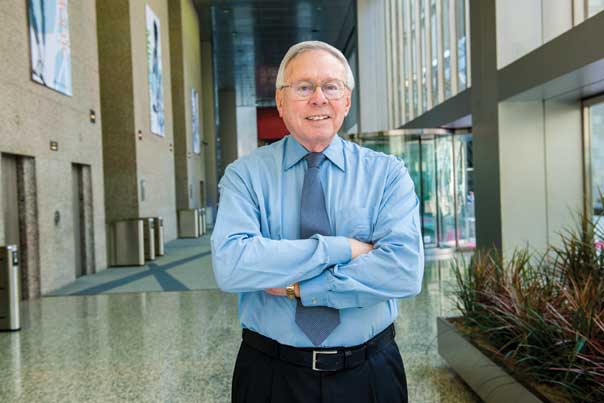Q&A With Gordon Pape: What Happens to HISA ETFs When Rates Fall?

Photo: Warchi/Getty Images
Financial expert Gordon Pape responds to a reader who’s looking into HISA (High Interest Saving Accounts) ETFs as a way to maximize yield and minimize risk.
Q – There has been plenty of talk recently about investors flocking from stocks to bonds (particularly Treasuries). These bonds currently offer similar yields to high dividend stocks, but Treasuries are essentially a guaranteed investment with a much lower risk profile.
But what about HISA (high interest savings account) ETFs? They offer similar yields to treasuries right now (over five per cent). For an investor who is looking to maximize yield and minimize risk, wouldn’t these be the truly risk-free option?
My issue with bonds is that there is still risk associated with their value. If yields continue to increase, then the value of my bonds will decrease. By buying bonds now, I am making a bet on market timing. This doesn’t sound low risk to me.
Unless I’m mistaken, any money I place in a HISA ETF is a safe and guaranteed investment (barring an earth-shattering bank failure), and I have total autonomy to buy and sell units at any time with no chance of taking a loss.
My question is this: why would a risk-conscious investor want to buy Treasuries right now, when they could just put their money safely in these ETFs? – Matthew G.
A – Returns from HISA ETFs are not “guaranteed.” These are not GICs. They’re a new type of product that’s well-suited for the current environment, but we haven’t seen how they will perform over the long term. Most especially, we don’t know what will happen when interest rates turn down again. Will investors suddenly turn around and pull all their money out? If so, what happens to the ETFs’ market value?
As for bonds, there is no risk to principal if they are held to maturity, assuming the issuer doesn’t default. But there will be fluctuations in market value along the way which may make some people nervous. And inflation will erode the purchasing power of your original investment. As the old saying goes, there’s no free lunch. – G.P.

Do you have a money question you’d like to ask Gordon? Send it along and then check out our Q&A section regularly to see if it was chosen for a response. Send questions to [email protected] and write Zoomer Question on the subject line. Sorry, we cannot send personal answers.
RELATED:
The Worst Place for Your Money Is Gradually Improving
Q&A With Gordon Pape: What Are the Tax Implications for a RRIF if a Spouse Dies?
Q&A With Gordon Pape: Why Isn’t Anyone Talking About DRIP Benefits?